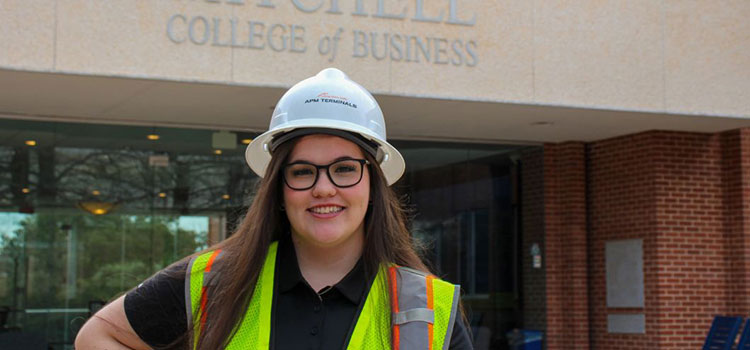Ask the Expert:
Posted on July 13, 2021 by MCOB Outreach

“Peace does not mean an absence of conflicts; differences will always be there. Peace means solving these differences through peaceful means; through dialogue, education, knowledge; and through humane ways.”
- Dalai Lama XIV
“People will forget what you said, they will forget what you did, but they will never forget how you made them feel.”
- Maya Angelou
Can leadership and, more specifically, responsible leadership result in more peace? The answer is maybe--sometimes. This can be a frustrating statement.Yes, of course we want to be able to point to something concrete and say, if we do this, that and the other thing, we will have more peace in our lives, communities and society. But, even with people from many important disciplines (e.g., political science, theology, sociology and economics) examining peace creation, we still have not cracked the ‘code’ to peace. Rarely do you hear these topics talked about in a business school; why would we? We are in the business of teaching people to be efficient with their resources and to manage people and processes effectively, and if we include in these discussions the topic of ethics, then all the better. Our business school does all of these things and does them quite well.
However, in the past few years, I’ve been concerned by the intensifying personal, social and political upheaval that has become more and more the norm rather than the exception. When I facilitate leadership discussions with my students, invariably they ask: What is the role of a leader in handling conflict? How do you motivate people for good? How can they create environments in their current or future organizations that allow the company to reach its goals and also do the right things?
And then it clicked--It’s the students who are asking the right questions and who are seeing the open space of possibility for a different way of approaching the role and responsibility of organizations, as well as their leaders in society. So, let’s look at a few concepts and questions and then, perhaps, some of you might also be interested in contributing to this discussion and research with some of your own experiences and thoughts.
First, Corporate Social Responsibility (CSR) is already a generally accepted, if not
loved, aspect of organizational expectations in many regions of the world. Yet this
question of peace and organizations goes further than the traditional expectations
for organizational CSR, which essentially gets translated as: “Think about stakeholders
and not just shareholders in some form or fashion and you are ‘good’.”
Second, rarely do we focus the discussion related to peace on organizational leaders—which
is odd given that we also call for our leaders to be responsible and accountable for
their actions and decisions.
So here is where this “Ask the Expert” is a little different this spring. I, as the expert who is leveraging her expertise into a new direction, am going to ask for your thoughts about leaders and organizations and their roles in creating environments that support peace. This is a new space in organizational research. Our school, university and community are uniquely positioned to be part of the conversation given our past, our evolving present and the future that we will still choose to create. Thus, I would ask that, if you have any ideas, thoughts or comments, you reach out to me. Thank you.
-
Dr. Adam Harper featured in IR Impact
Dr. Adam Harper, assistant professor in the department of Economics, F...
April 24, 2025 -
Undergraduate Research | SOBIE 2025
Students from the Mitchell College of Business participated in the 202...
April 22, 2025 -

Alumni Accolades | Dr. Mike Wojciechowski
Dr. Mike Wojciechowski graduated from the Mitchell College of Business...
March 14, 2025 -

Student Spotlight | Maddie Mitchell
Maddie Mitchell, a senior at the Mitchell College of Business, is char...
March 11, 2025


